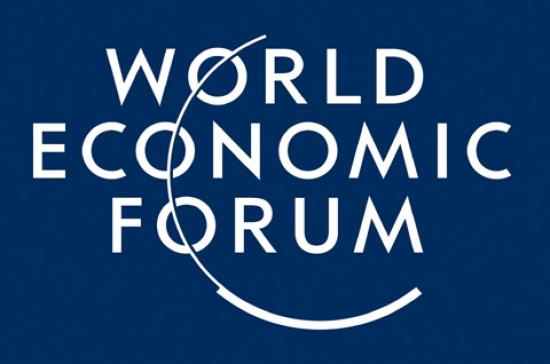Women and girls: The visible force for disaster-resilience
The participation of women is essential in achieving a disaster resilient society, states Ratindra Khatri of the Strategic Centre for Disaster Risk Reduction Nepal in his The Himalayan article. He urges for the elimination of gender discrimination and suggests that women should be involved in policy formulation, planning and implementation of processes.









